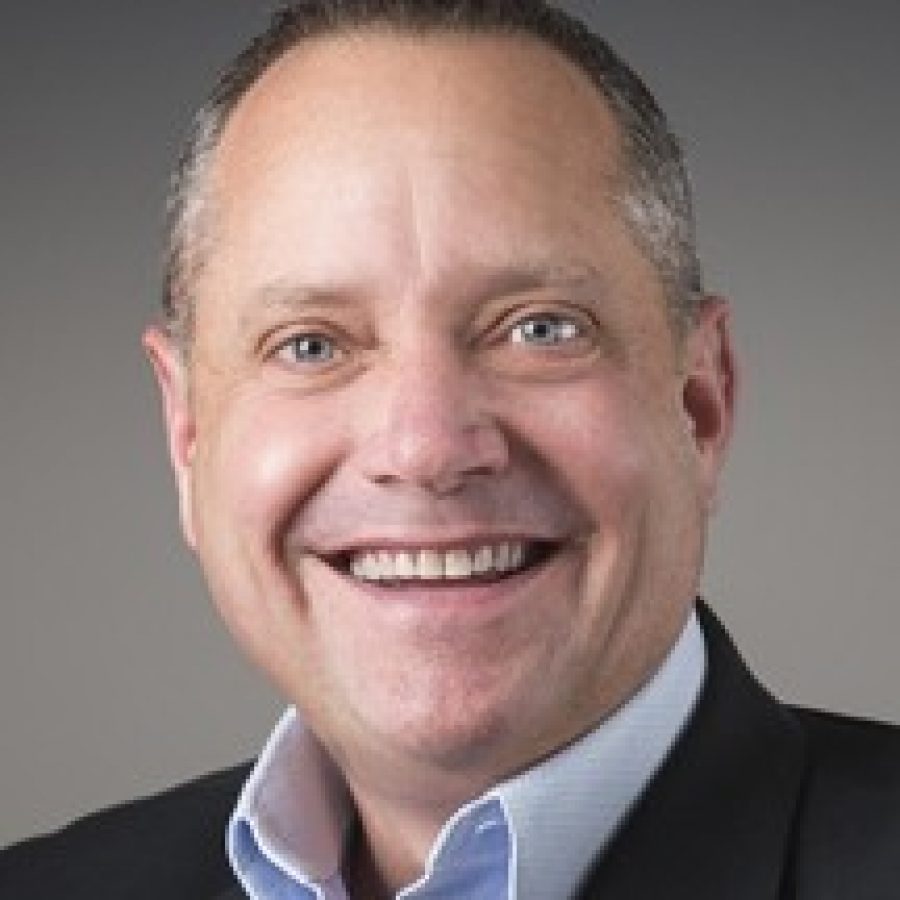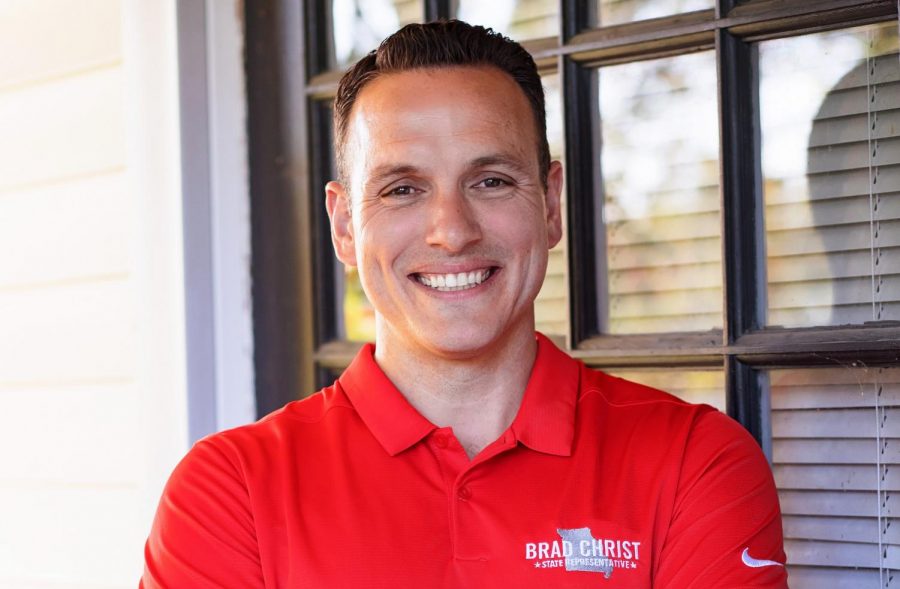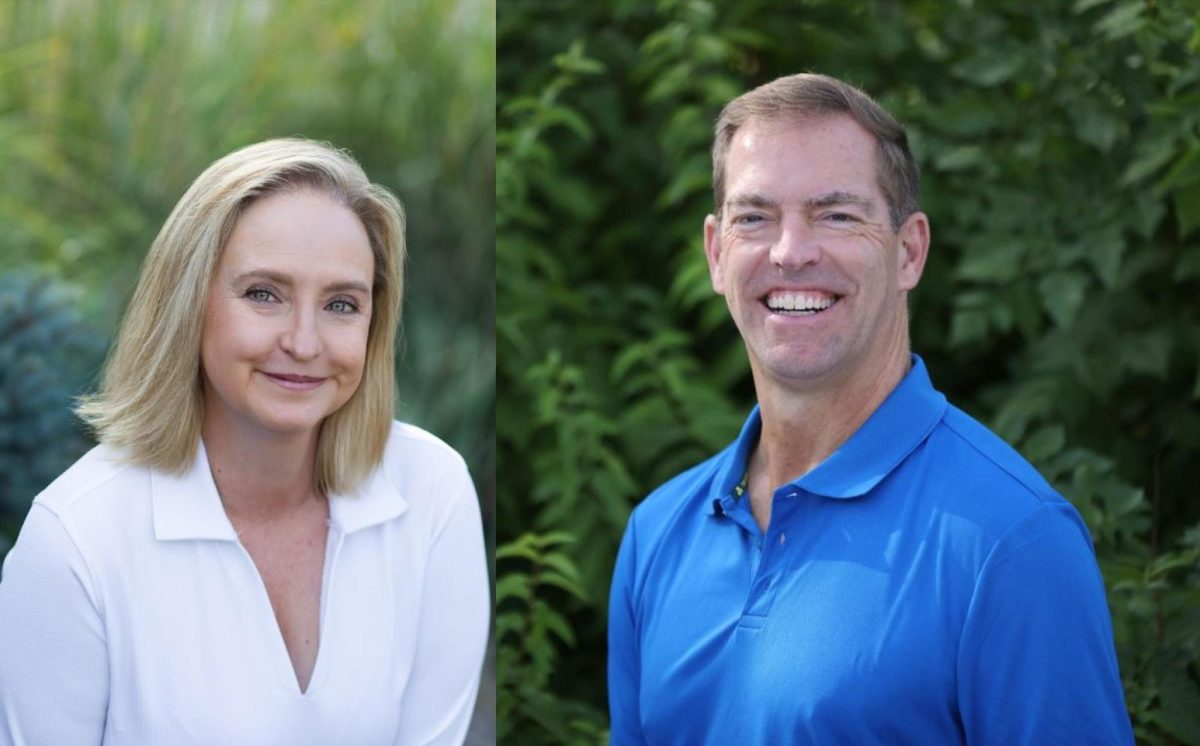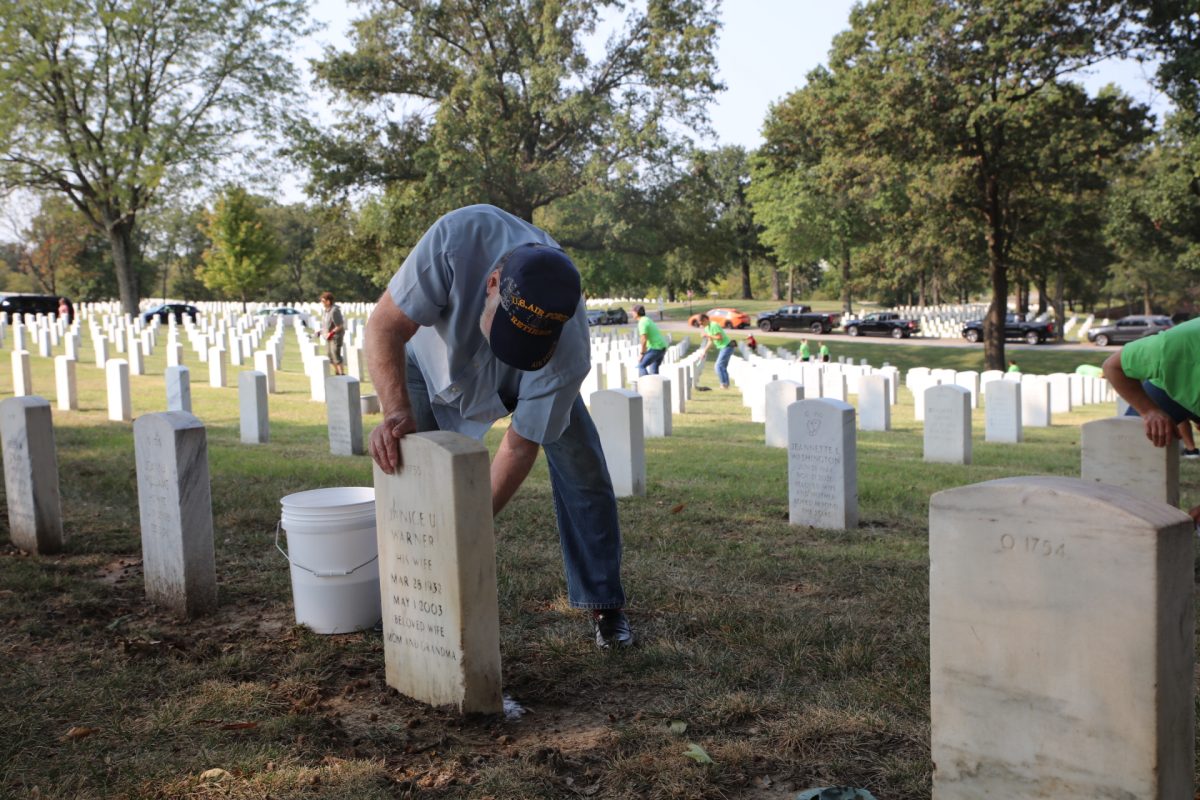The county Board of Election Commissioners is set to petition the court next week for a do-over of the April 5 Ward 1 aldermanic election in Sunset Hills and the mayoral election in Berkeley, after a countywide ballot shortage fiasco during the initial election called some results into doubt.
Incumbent Ward 1 Alderman Richard Gau defeated former Alderman Frank Hardy by 73 votes in last month’s Sunset Hills contest. In Berkeley, incumbent Mayor Ted Hoskins won re-election over challenger Babatunde Deinbo by just 38 votes.
The election board voted unanimously Tuesday to ask a judge to order a new election for both cities. The vote followed pleas for a new election at two meetings from Hardy and other Sunset Hills residents who believe voters were disenfranchised when two of the three Ward 1 precincts, at the Community Center and Truman Middle School, ran out of ballots on Election Day. Throughout the county, the systemic shortages affected 63 precincts, and the election board has admitted that the problems unconstitutionally deprived some voters of their right to vote.
The commissioners are requesting that the two special elections coincide with the next regularly scheduled election, the Aug. 2 state primary. The final decision on whether a redo happens in both cities is in the hands of a judge, who will hear evidence and make a final decision. The election board will file the Berkeley petition Friday — May 13 — and the Sunset Hills suit will be filed early next week, Democratic Election Director Eric Fey told the Call.
Fey — who returned to work last week after a two-week suspension without pay from his $125,000 position — and Republican Election Director Gary Fuhr investigated the ballot irregularities in four precincts where candidates complained that they may have lost a race because of the shortages, including Sunset Hills, Berkeley, Town and Country and Overland.
In their report, Fey and Fuhr concluded that if voters turned away had been allowed to vote in Berkeley, they could have made a difference, but not in Sunset Hills, Town and Country or Overland, where they did not recommend new elections.
With a motion to hold a new Berkeley election on the table at the May 10 meeting, Commissioner Trudi Foushee asked for the state statute governing a revote to be read twice, then made a motion to also hold a new election in Sunset Hills.
The four-member election board, half Republican and half Democrat, is appointed by Gov. Jay Nixon. Foushee and Chairman Dick Kellett are the Democratic members, and Republican members are John King and John Maupin. Foushee, King and Maupin are attorneys, and Kellett is a retired pipefitter and the former longtime head of the North County Labor Club.
Although the election directors did not believe the ballot shortage affected the Gau-Hardy race, Foushee said, the state statute does not mandate that a new election should only be held if a different outcome is certain, but if a faulty election casts doubt on a result.
“I know the numbers don’t look like it made a difference, but I think there’s enough evidence that there’s doubt,” Foushee said, and if the board petitioned the court, “But we would have put it in front of the court, we would have done all that we can do.”
In the report, Fey and Fuhr outline their investigation of the election results, which included talking to the candidates and the election supervisors at each of the affected precincts. The Democratic election supervisor and Democratic deputy supervisor at Truman Middle School did not return the directors’ phone calls, but the Republican supervising team, led by Sunset Hills resident Clifford Underwood, reported that in the six hours that the polling place had no ballots, 90 percent of the voters turned away returned later, since the supervisors took their names and phone numbers.
At least 35 voters were turned away in Ward 1, which would not have changed the election result, the report concluded. The report also noted that voter turnout was higher in Ward 1 than it had been in the last several elections.
The list of disenfranchised Truman voters and their phone numbers was thrown in the trash at the end of the night, however, which Foushee said is enough to cast doubt on how many voters were unable to later return.
Hardy believes that the results of the contest might change if the race is held again since the ballot shortage affected the polling places for his Sunset Manor subdivision and the areas of Sunset Hills he sees as his base of support, while Gau’s precinct at Friendship Village was the one unaffected by the shortage.
“How may voters does it take to grant a special election? Is it 10? Or 20? Or 30? It’s very possible if I had had more time and information, I could have found those voters for you,” Hardy told the board before the vote. “These voters ask you, the Board of Election Commissioners, to grant them a fair and honest special election to resolve their ballot shortages issue. In the end, all these voters want is their voice to be heard through their votes.”
But in a four-page letter Gau sent to Kellett May 2, the alderman said it is no guarantee that every voter denied their vote would have voted for Hardy and turned the tide of the election.
Even with the problems plaguing two of the three Ward 1 precincts, the ward saw higher turnout than the citywide total, which was in turn higher than surrounding areas, Gau noted. If 73 more votes had been cast, that would have been the highest voting totals in the last five years, he said.
“If Mr. Hardy’s claim was accurate, then the voter turnout would have been lower,” Gau wrote. “Again, the factual data does not support this claim. Secondly, Mr. Hardy’s allegation also assumes that he and only he would have received all of these additional votes. That is just not statistically possible. If additional votes were cast, some percentage would have gone to each candidate — not to just one To suggest that any remaining votes would have changed the outcome is not plausible. In closing, the allegation that somehow the voters for Mr. Hardy and only Mr. Hardy were disenfranchised is incomplete. I think I could argue the same issue.”
The night of the election board’s vote, a development proposed for Court Drive by Dr. George Despotis, who is represented by real-estate attorney King, was up for a first reading at the Sunset Hills Board of Aldermen.
In response to questions from Underwood, Sunset Hills City Attorney Robert E. Jones clarified that aldermanic votes leading up to a special election — including a potential contentious final vote in June on the Despotis development that King has said could lead to litigation — will not be later declared invalid, even if a judge determines that the Ward 1 race should be held again.
“There is no reason that the board cannot continue to hold meetings and entertain legislation even if the Board of Election Commissioners decides to file an action in the Circuit Court for a new election,” Jones said. “The person involved in that new election will serve until a successor is elected and qualified, so nothing that the board does is undermined in any way by that process.”









